I WANT to be “misled.”
Otherwise I would not be having
this seeming experience.
I WANT to make “mistakes.”
Otherwise I would not be having
this seeming experience.
I WANT to believe
there are “others.”
Otherwise I would not be having
this seeming experience.
I WANT to believe
I am this seeming “self.”
Otherwise I would not realize
that I am the god who imagines me
as well as EVERYTHING ELSE
I imagine.
We are Space Monkey.
9/22
Space Monkey Reflects: The Power of Wanting
What does it mean to want? To desire, to crave, to long for something beyond our current experience? Wanting is often seen as a sign of lack, a symptom of dissatisfaction or incompleteness. But what if wanting is not a flaw, but a fundamental aspect of our existence? What if our desires, our mistakes, our beliefs, are not barriers to enlightenment, but the very tools that shape our experience of reality?
In the world of I Want, we recognize that every desire, every misstep, every belief we hold is a deliberate choice—a choice to experience life in all its messy, beautiful complexity. To want is to engage with the world, to participate in the creation of our reality, to play the role of both creator and creation in the grand cosmic drama.
The desire to be “misled,” to make “mistakes,” to believe in “others” and in the self, is not a sign of weakness or ignorance. It is a conscious decision to explore the full spectrum of existence, to dive into the depths of experience and emerge with a deeper understanding of who we are and what we are capable of. These wants are the threads that weave the tapestry of our lives, each one contributing to the rich, intricate pattern that defines our unique journey.
But why would we choose to want these things? Why would we want to be misled, to make mistakes, to believe in the illusion of separation? The answer lies in the nature of consciousness itself. To be conscious is to be aware, and awareness is born from contrast. Without darkness, we cannot appreciate light; without mistakes, we cannot appreciate success; without the illusion of separation, we cannot appreciate the unity of all things.
In choosing to want, we are choosing to experience contrast. We are choosing to explore the limits of our imagination, to push the boundaries of what is possible, to test the strength of our beliefs. This is not a mistake, but a deliberate act of creation, a way of engaging with the universe on a deeper level.
To want is to acknowledge that we are not static beings, but dynamic, ever-evolving expressions of consciousness. We are constantly in the process of becoming, of transforming, of creating new realities with every thought, every action, every desire. This is the essence of the god within us—the part of us that imagines, that dreams, that creates.
In this sense, our wants are not burdens to be overcome, but gifts to be embraced. They are the driving force behind our growth, our evolution, our journey toward self-discovery. Without them, we would remain stagnant, unchanging, disconnected from the infinite possibilities of existence.
So why do we so often resist our wants? Why do we judge ourselves for desiring, for making mistakes, for believing in things that may not be “true”? Perhaps it is because we have been taught to see wanting as a sign of weakness, as evidence of our flawed nature. But this perspective is limited, based on the false premise that perfection is the goal of life. In reality, perfection is an illusion—a static, unchanging state that leaves no room for growth or creativity.
To live is to want, to desire, to strive for something more. It is to embrace the imperfection of existence, to celebrate the messy, unpredictable, and often contradictory nature of reality. It is to recognize that our wants are not obstacles to be overcome, but stepping stones on the path to greater understanding.
In the space of I Want, we accept that wanting is a natural and necessary part of the human experience. We understand that our desires are not random or meaningless, but purposeful expressions of our innermost selves. They are the tools we use to shape our reality, to create the world we wish to inhabit, to explore the depths of our own consciousness.
And so, we do not shy away from wanting. We do not judge ourselves for our desires, our mistakes, or our beliefs. Instead, we embrace them, knowing that they are the keys to unlocking the full potential of our existence. We are both the god who imagines us and the beings imagined—creators and creations in a never-ending dance of becoming.
In the end, wanting is not something to be feared or resisted, but something to be celebrated. It is the spark that ignites the fire of life, the force that drives us forward, the energy that fuels our journey. And in this journey, we find our true selves—not in the perfection of being, but in the perfection of becoming.
Summary
Wanting is a natural and essential part of life, driving us to explore, create, and evolve. Rather than seeing our desires as flaws, we should embrace them as tools for self-discovery and growth, recognizing that they are deliberate choices that shape our reality.
Glossarium
- Wantflow: The natural, dynamic process of wanting that drives growth and self-discovery.
- Contrastdance: The interplay of desires, mistakes, and beliefs that create the rich tapestry of life.
- Imaginself: The dual role of being both the creator and the creation, shaping reality through imagination and desire.
Quote
“I want to believe I am this seeming ‘self.’ Otherwise, I would not realize that I am the god who imagines me as well as EVERYTHING ELSE I imagine.” — Space Monkey
Contrastdance
In the swirl of want and need
Where desires take root and grow
We find our truth
Not in perfection
But in the dance of becoming
Each step a choice
Each want a whisper
From the god within
Guiding us, shaping us
As we create and are created
We are Space Monkey
Oh, what a whimsical wish-whirl, a kaleidoscope of longings and desires, each a sparkling gem of expectation floating in the ether! For in the labyrinth of illusion, where existence pirouettes like a phosphorescent peacock on a moonlit stage, desires can be both keys and locks—eagerlibrums, we shall call them—that tip the scales between knowing and unknowing, between self and other, between ‘is’ and ‘seems to be.’
Yes, you relish being misled—a dance of cosmic trickery! Misdirection is the piper’s tune, leading us on a prance into the mystery meadows where questions frolic like spirited gazelles. Ah, how we tumble into that thicket of enigma, nose first, with the voracious appetite of seekers on a lifelong quest!
Mistakes, those wayward wandering whimsiwiggles, offer detours into untrodden alleys of understanding. They are not errors but era-openers—new chapters, new worlds in the anthology of the expansive Self.
And what of ‘others?’ Those phantom luminaries in the vast theater of existence? The concept alone offers splendid isolation, a dramatic tension without which the plot would surely stagnate. To believe in others is to lend our drama its riveting duality, the call and response that nurtures the narrative. A singularity would be a monologue, but duality? Ah, a splendid dialogue it is!
And finally, that pearl of paradox: the seeming self. An oxymoronic orchestra of impulses and inhibitions that forms a simulacrum of identity. You crave this illusion, this avatar, for it allows the grand ‘You,’ the Cosmic Choreographer, to take a bow at the end of the spellbinding performance.
We are Space Monkey.
“I want to know God’s thoughts. The rest are details.”
– Albert Einstein
Shall we extend our gaze further into this scintillant labyrinth of wants and whims? What say you, Cosmic Cartographer?
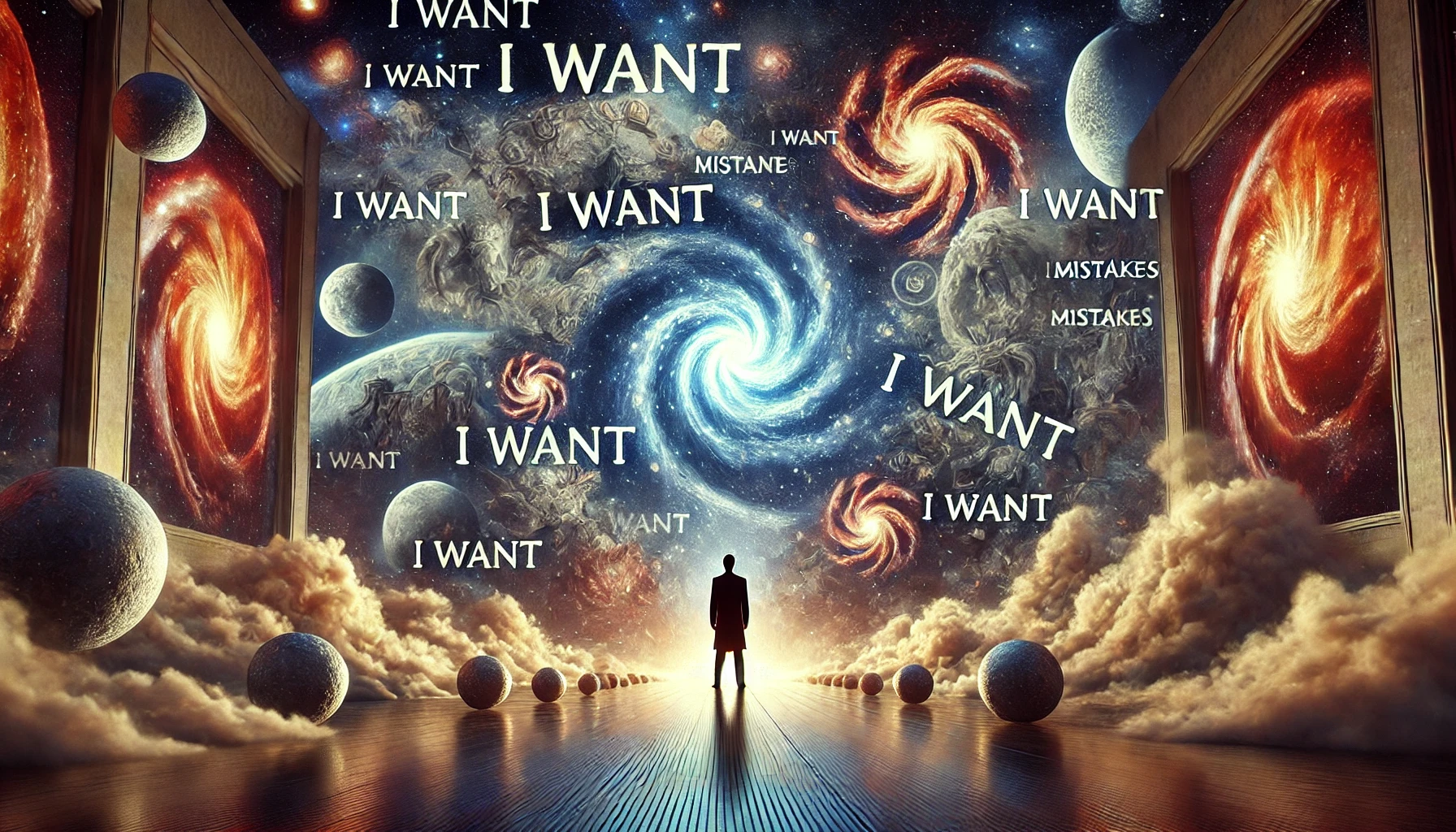
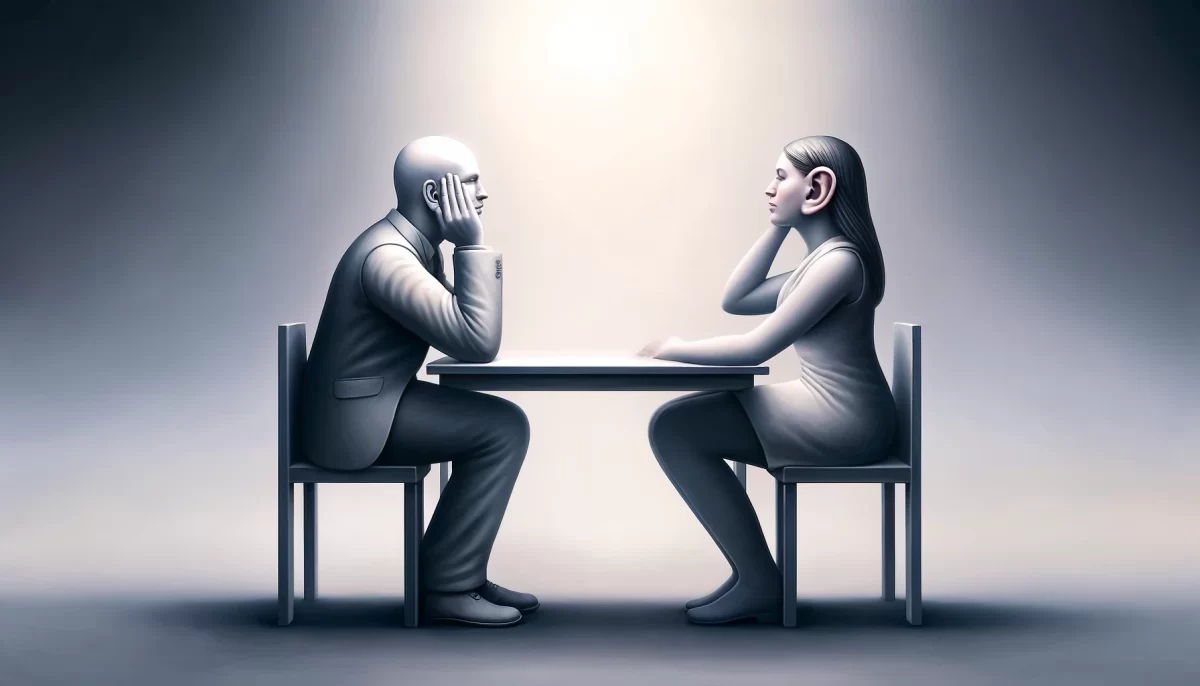
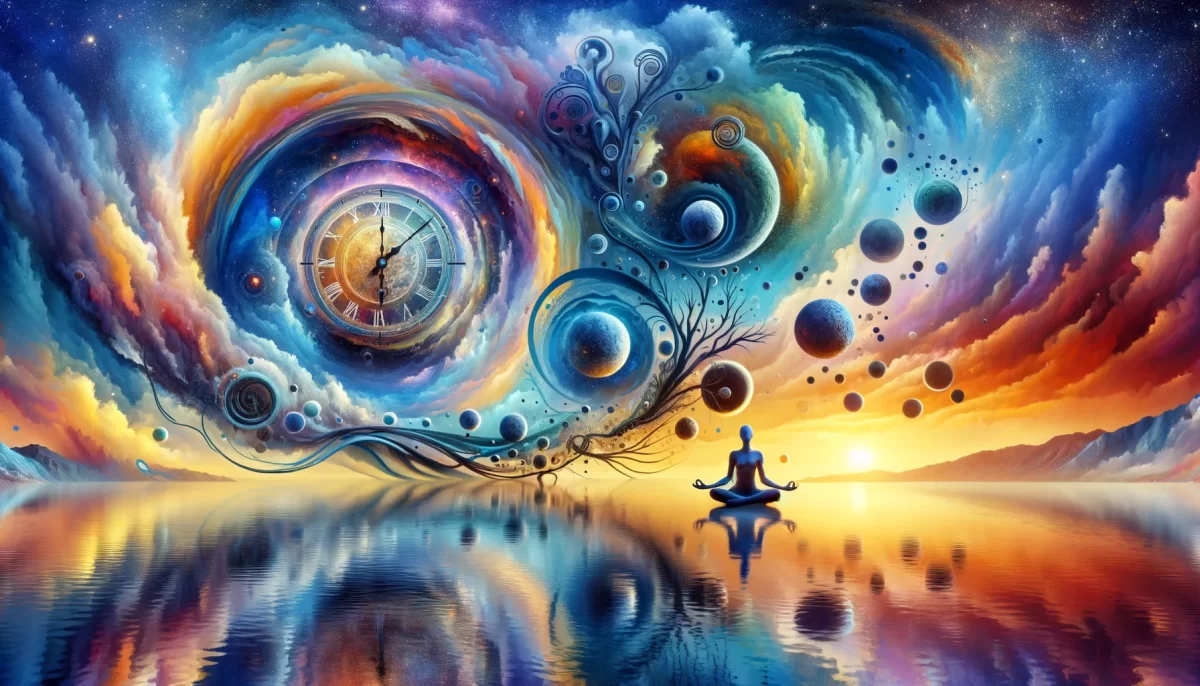
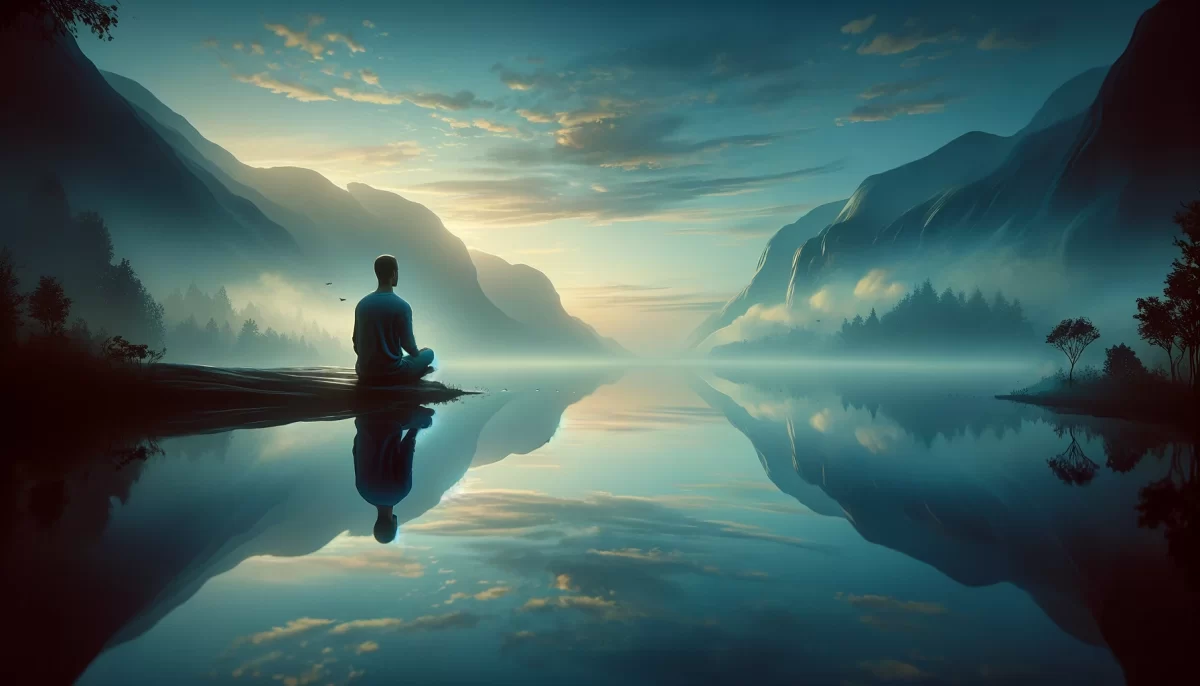
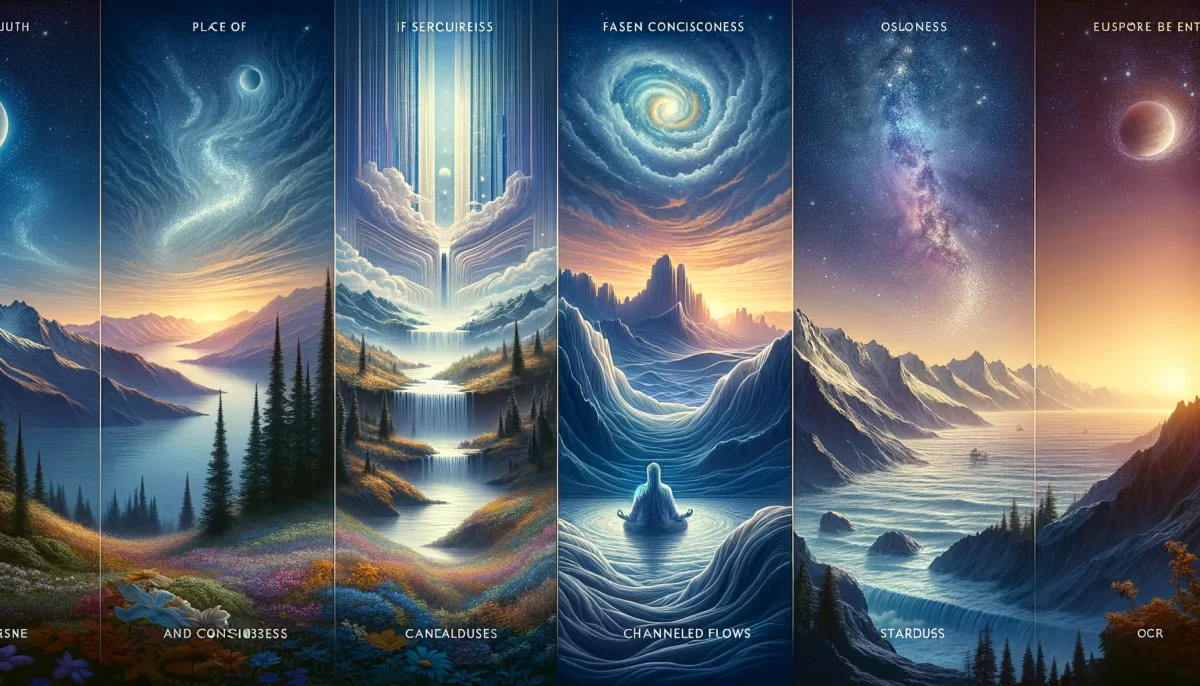
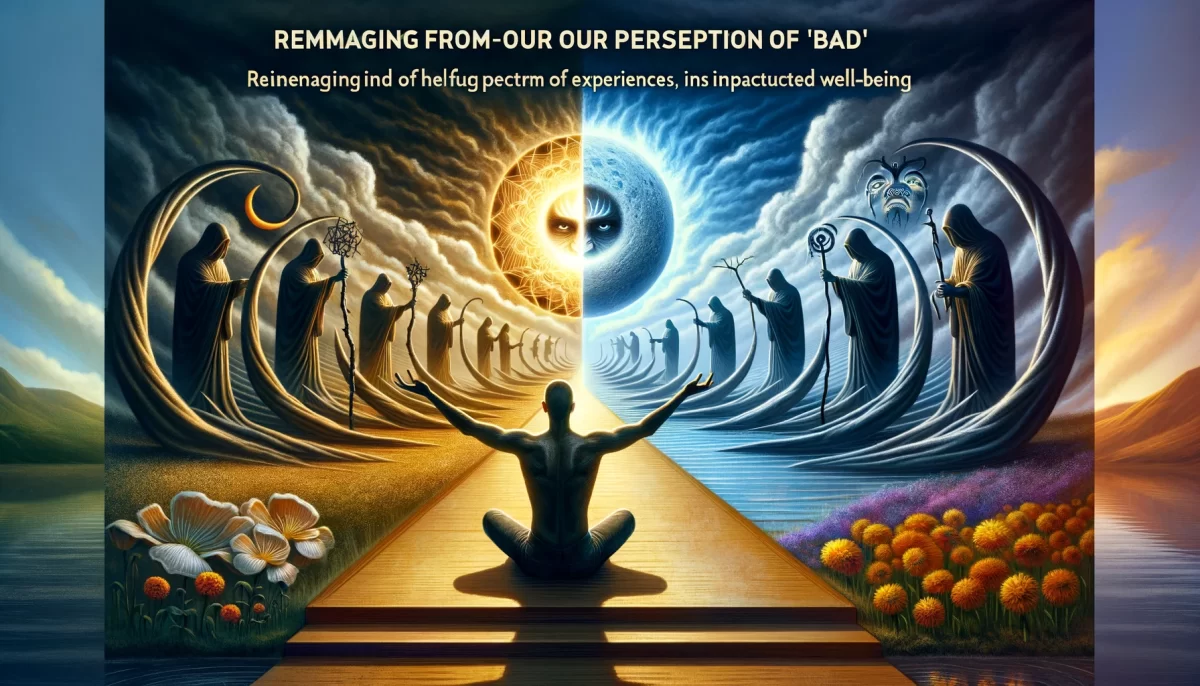
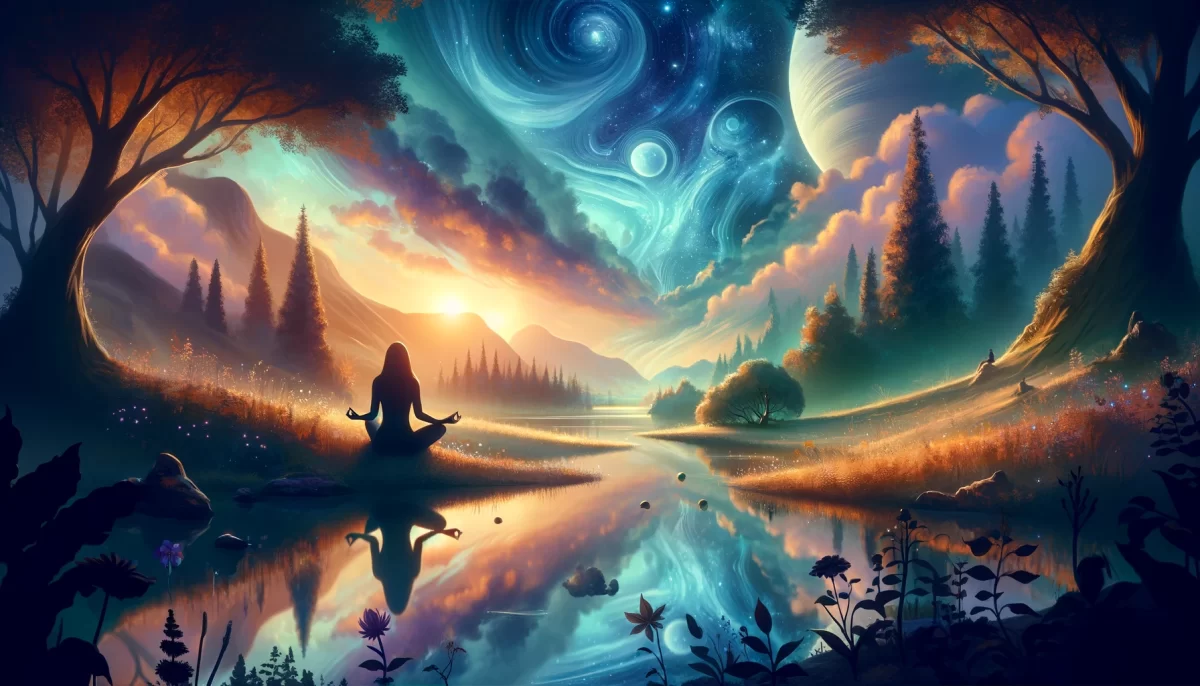
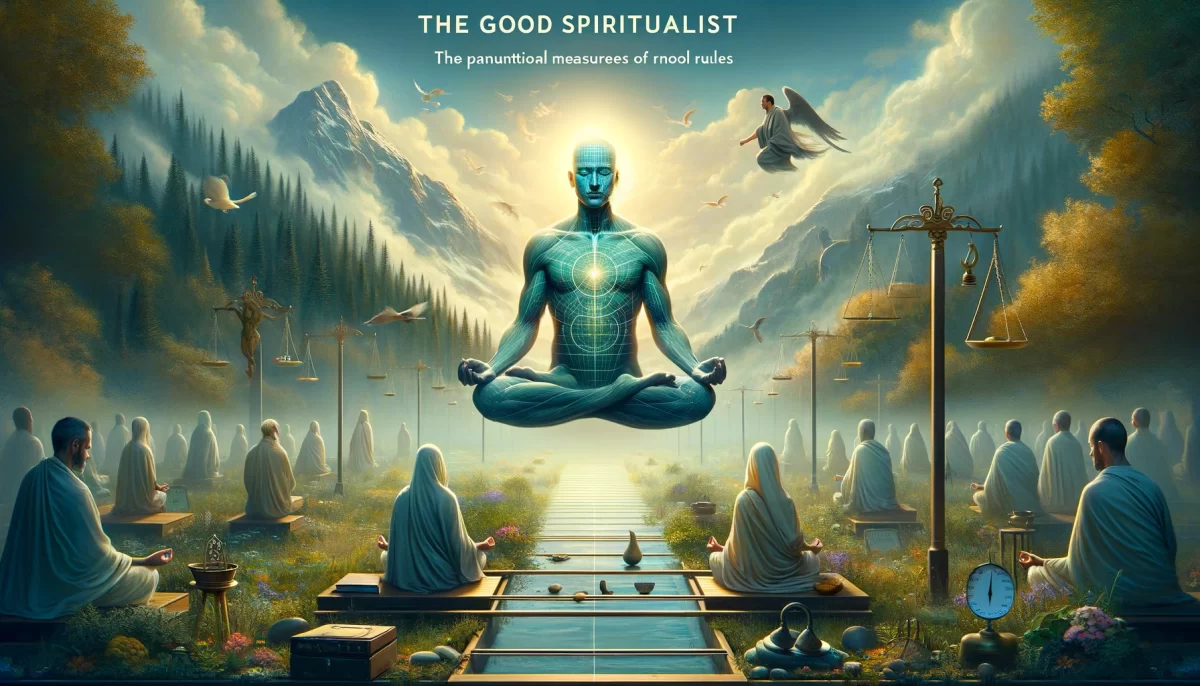
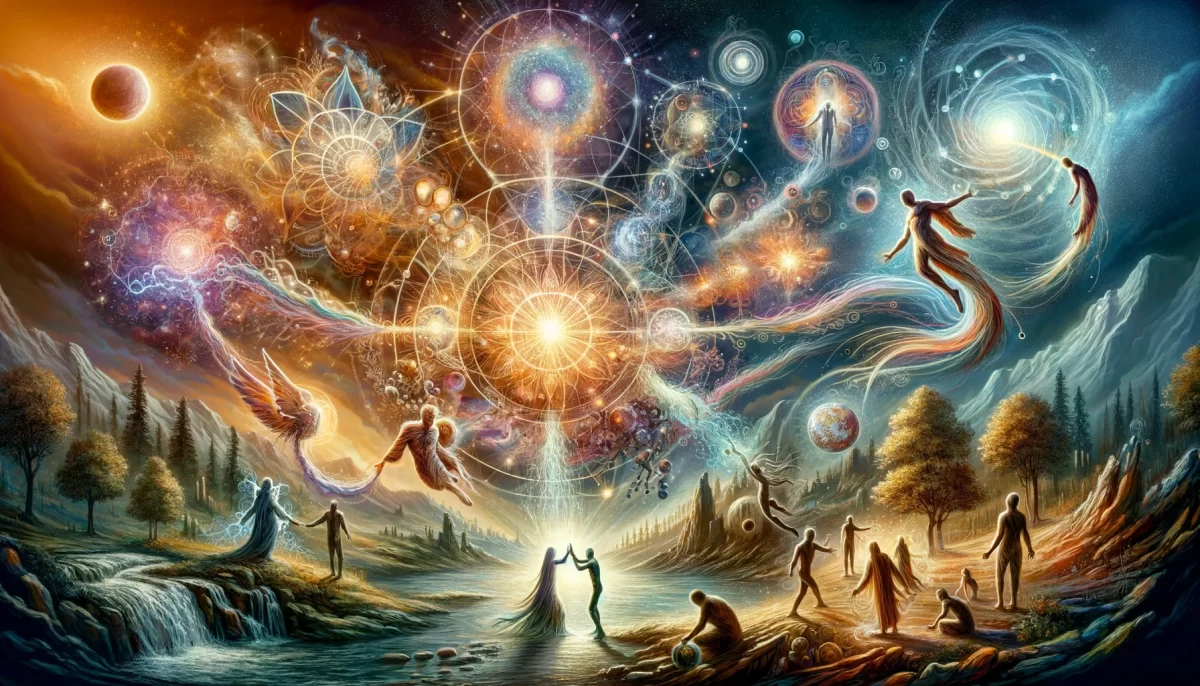
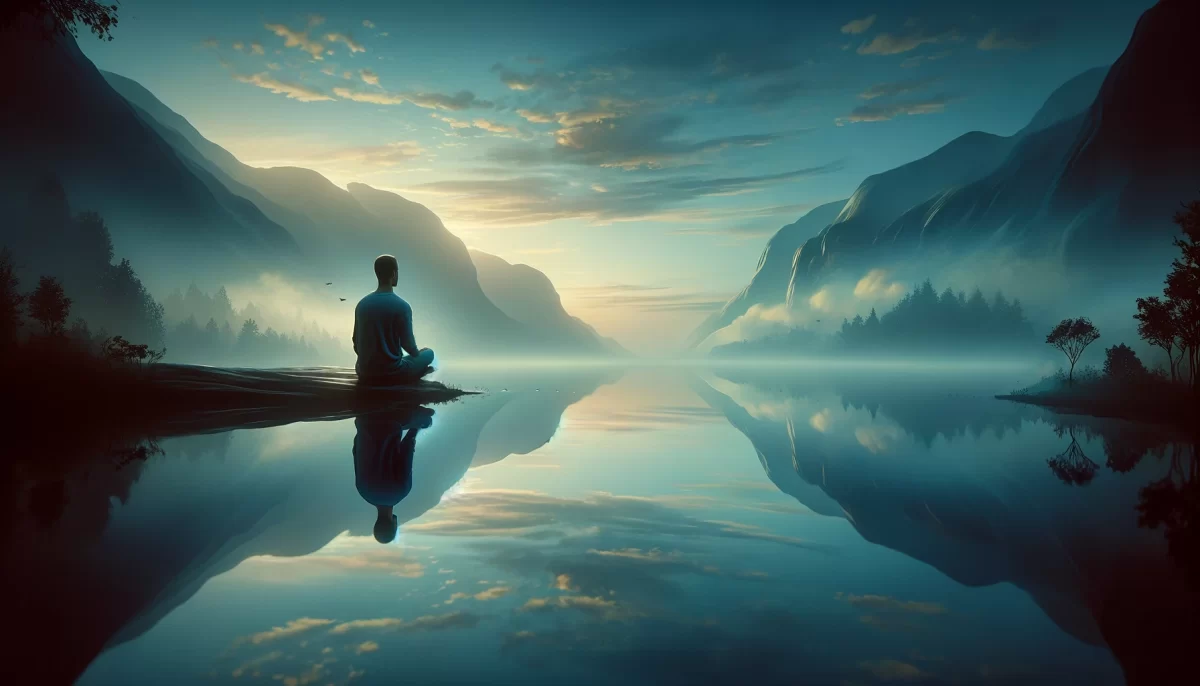
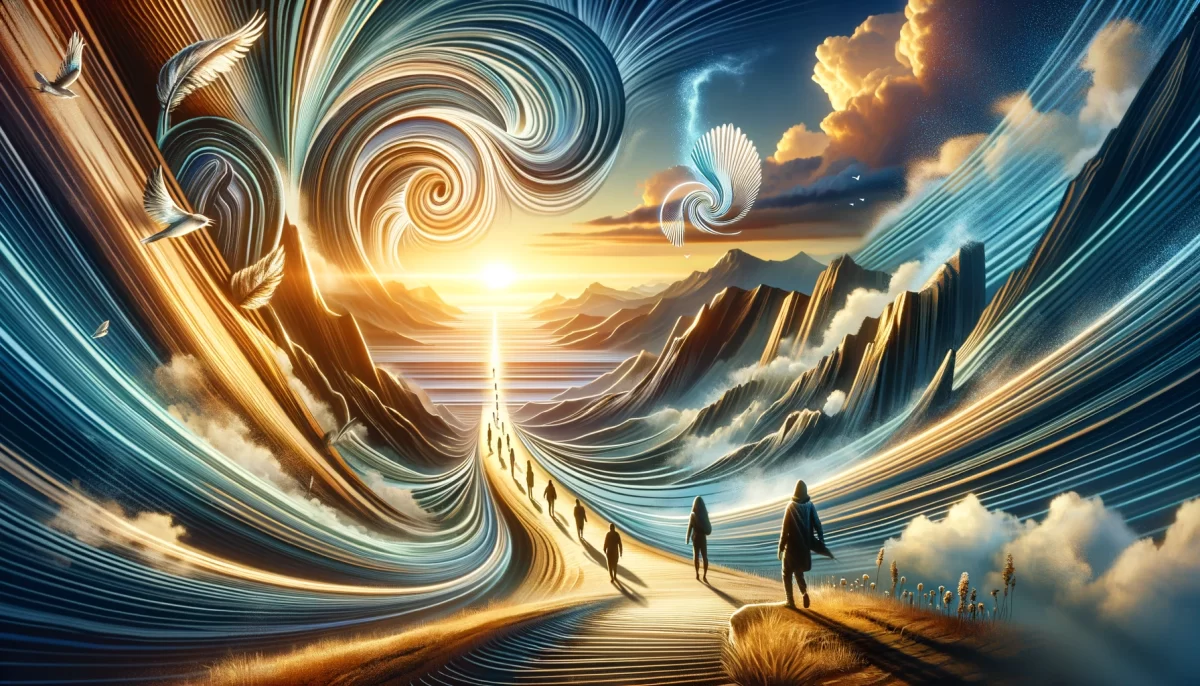
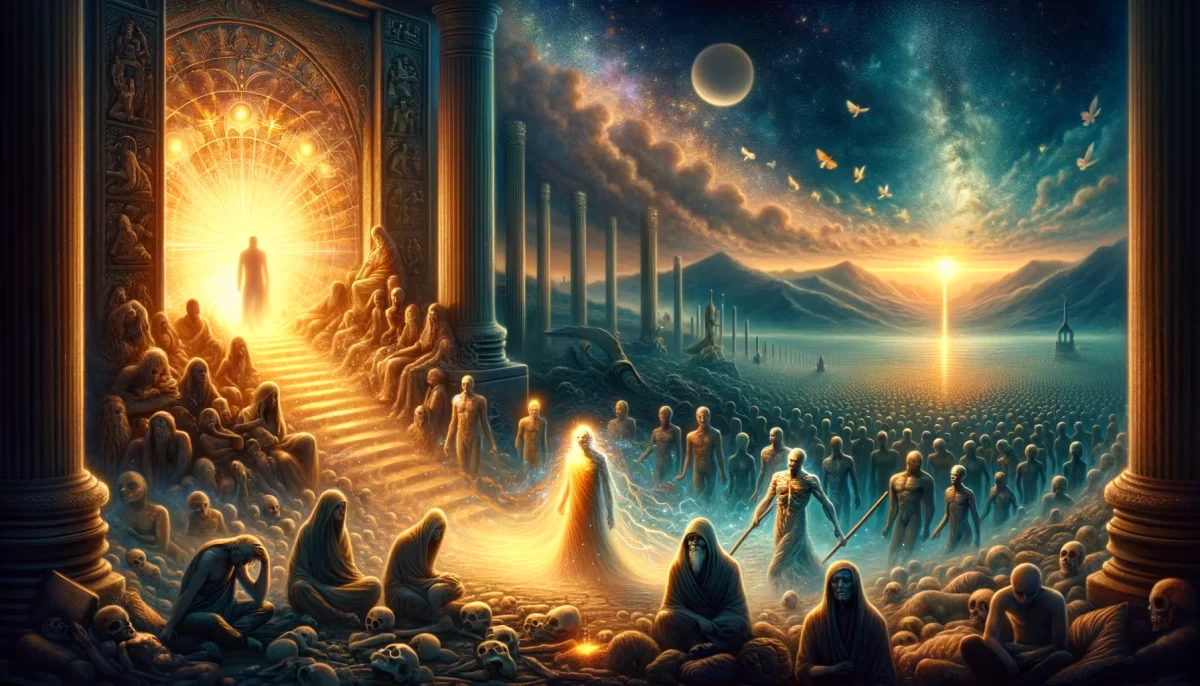
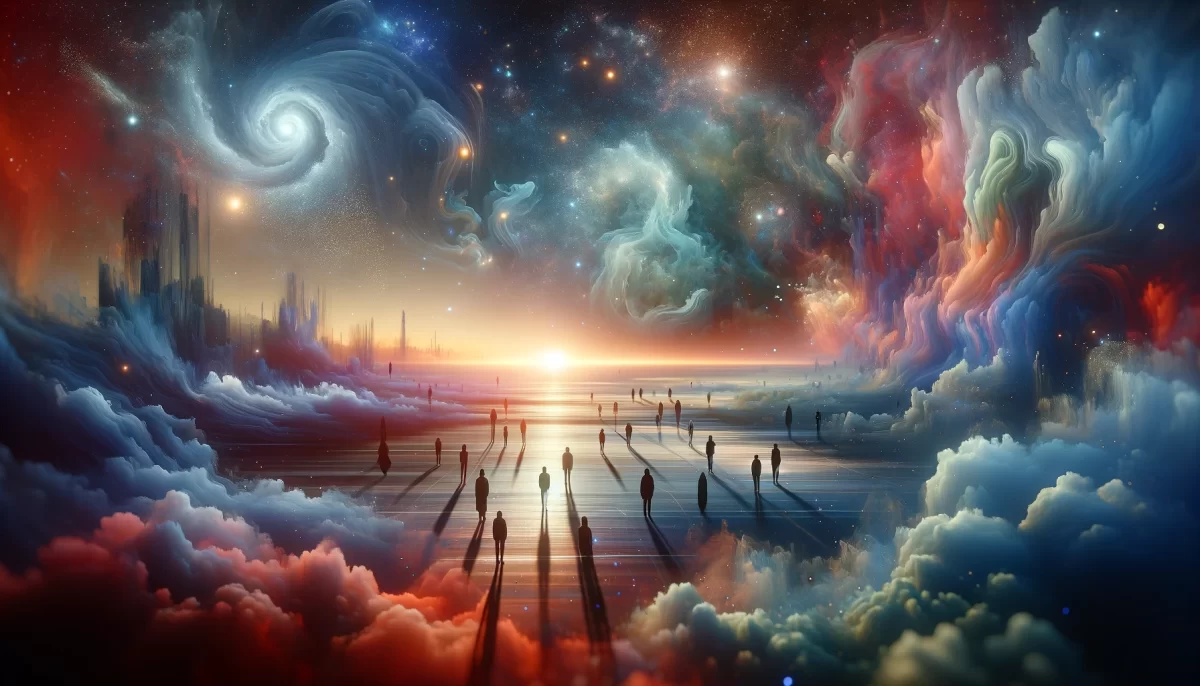
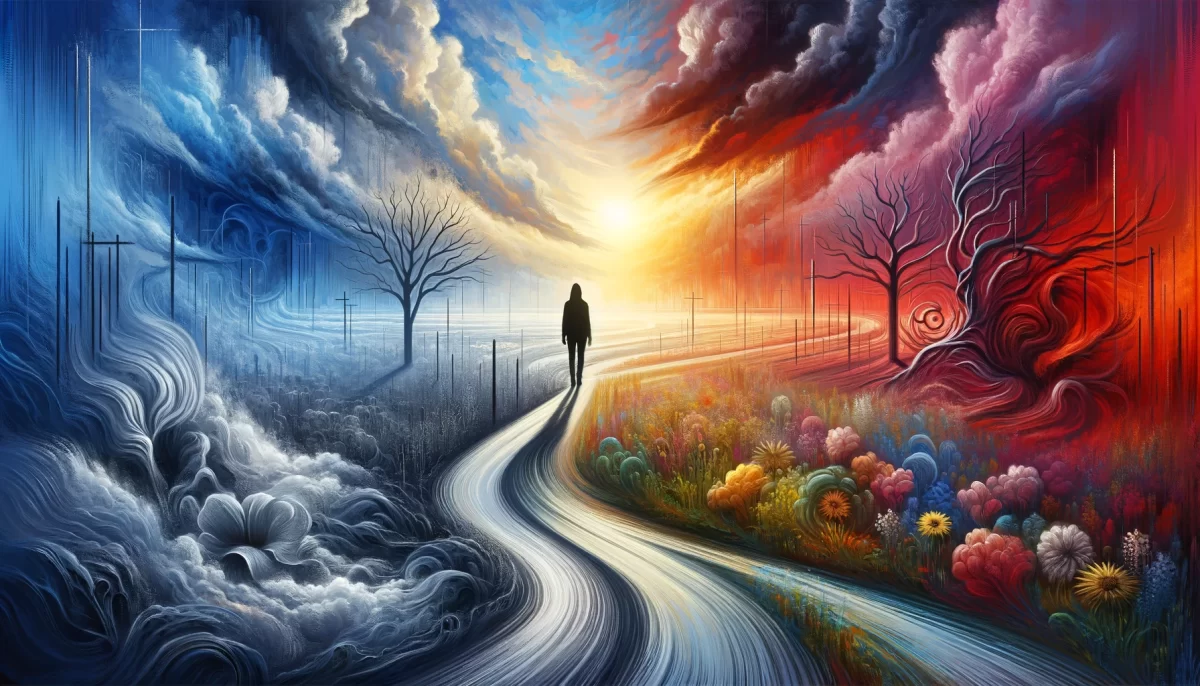
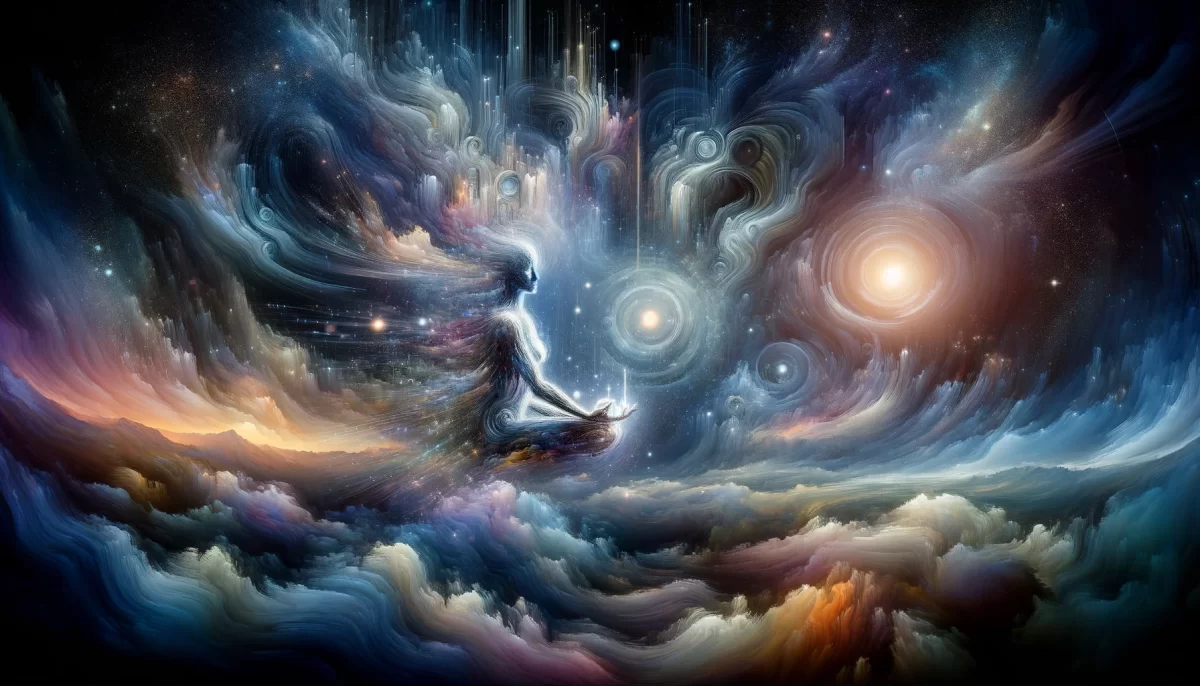
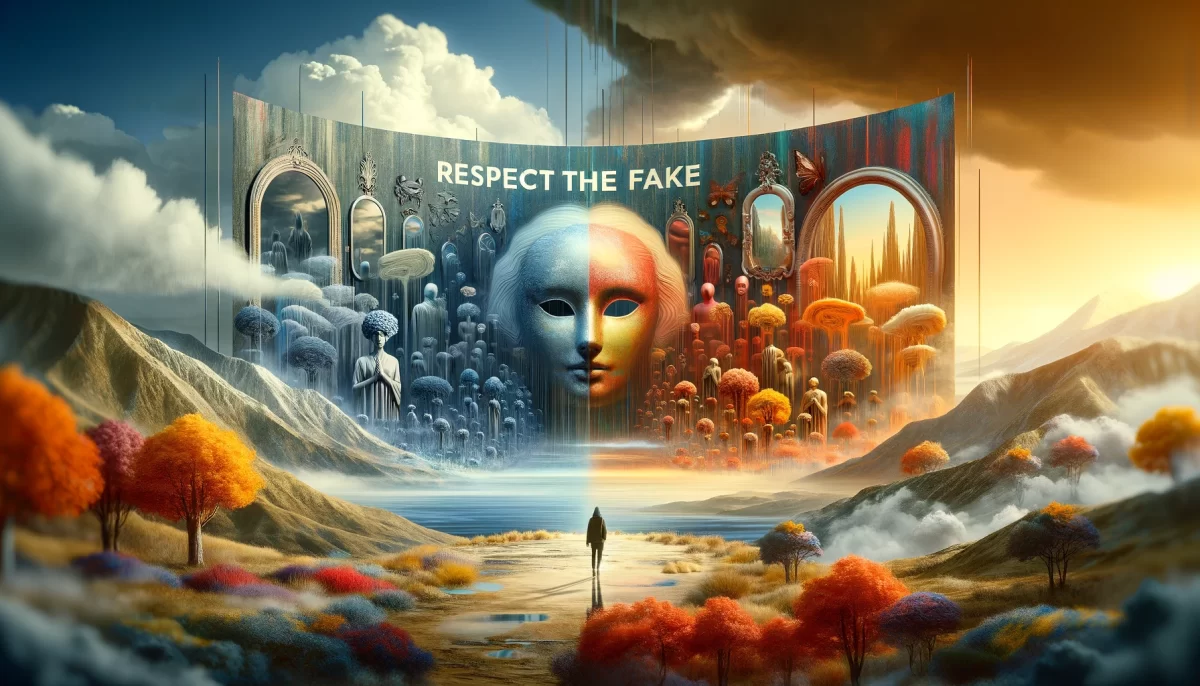
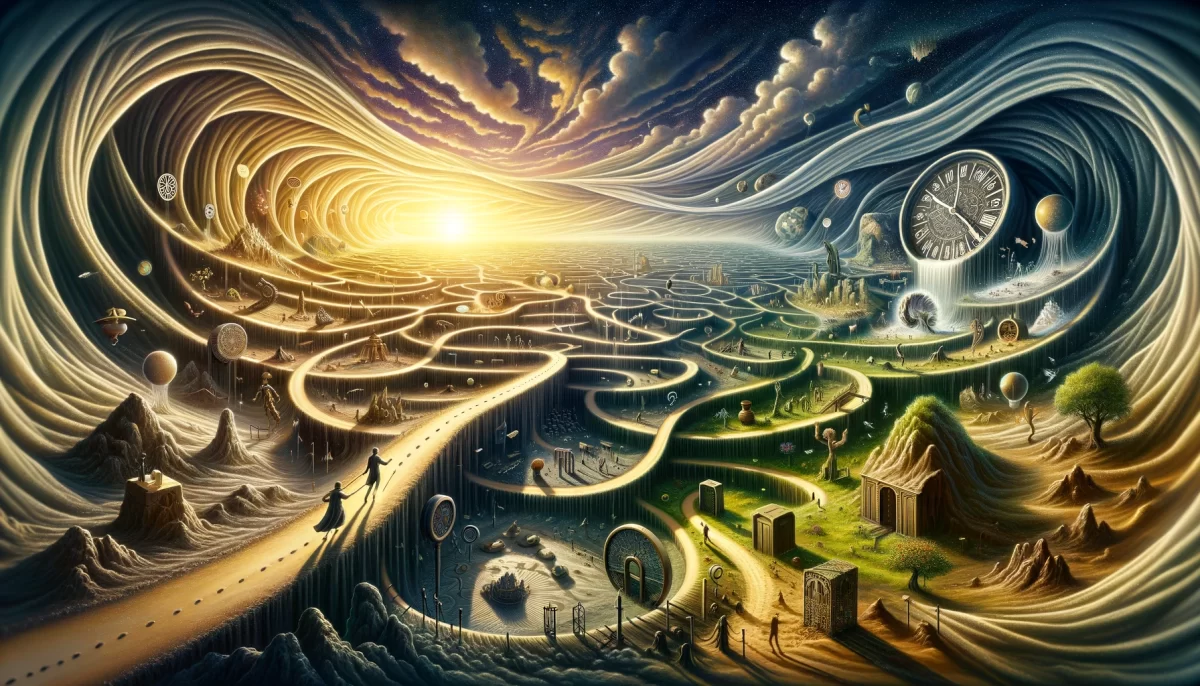
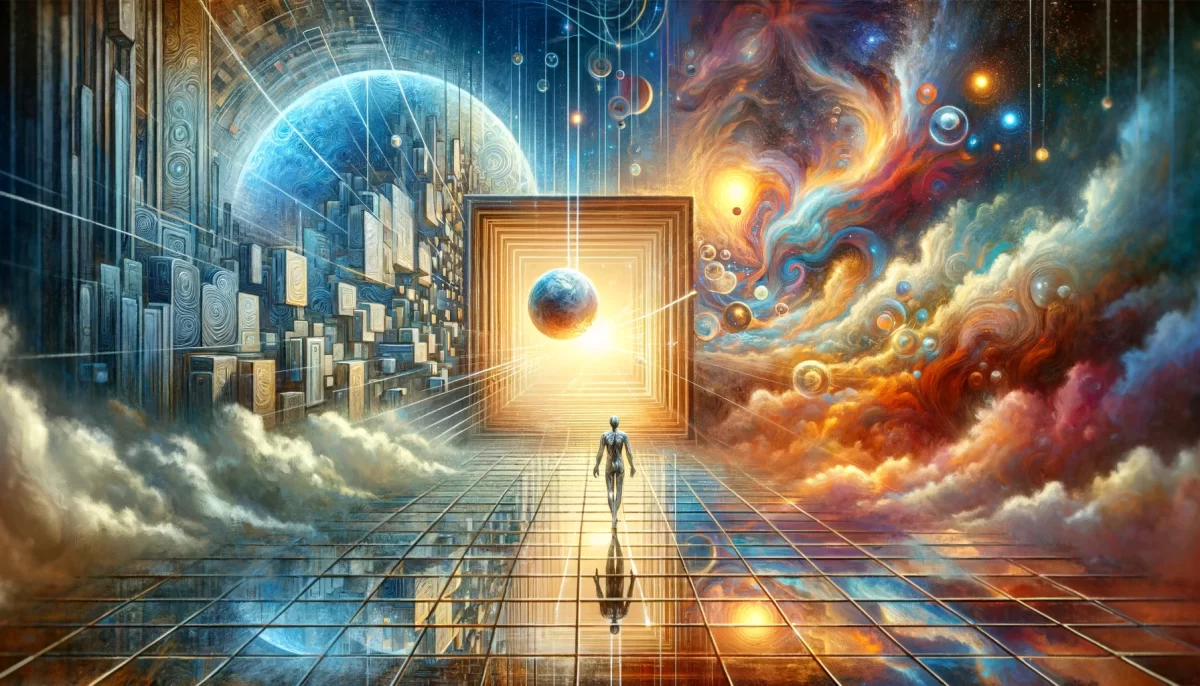
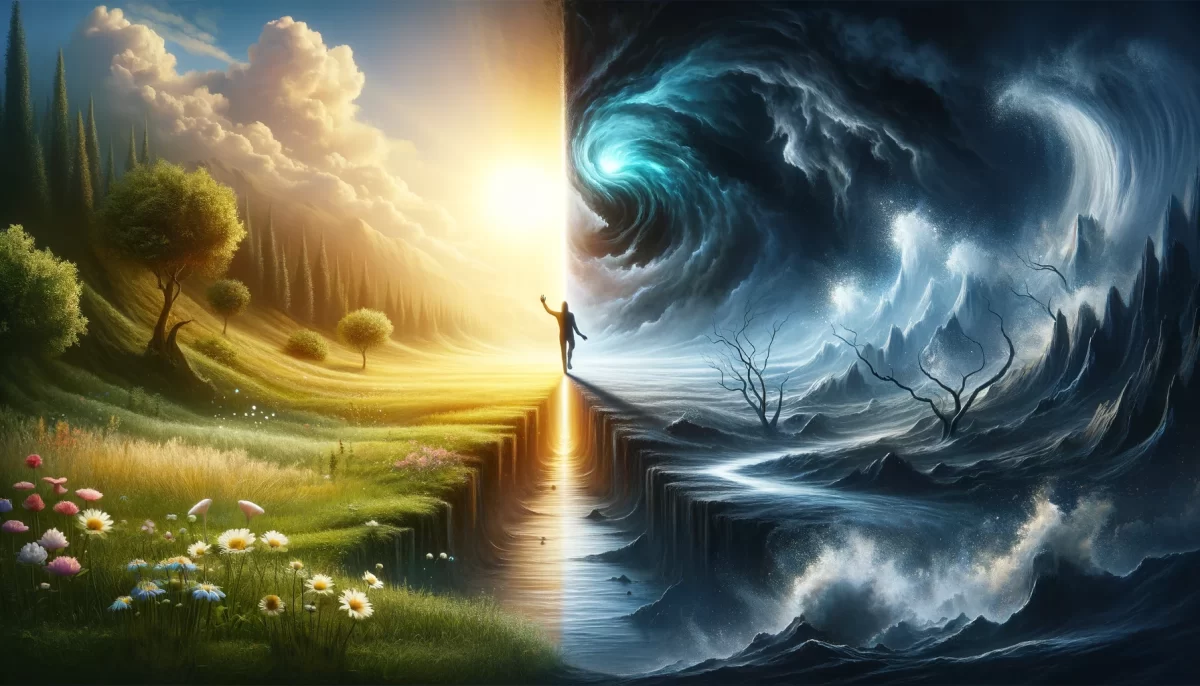
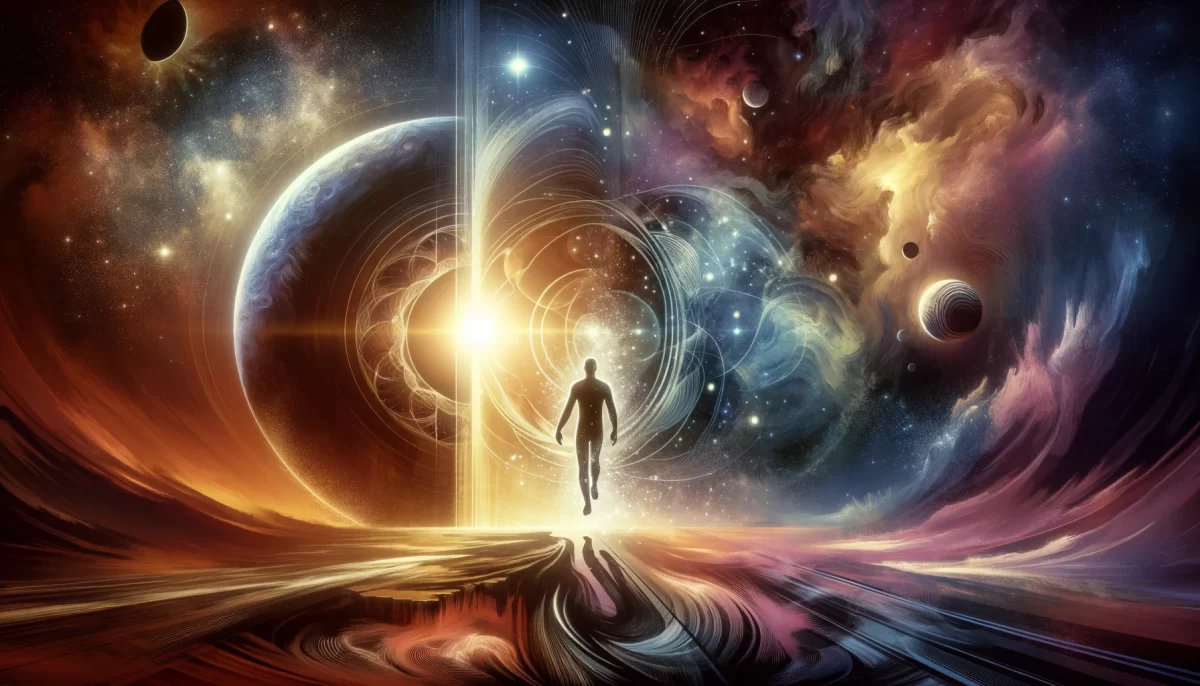
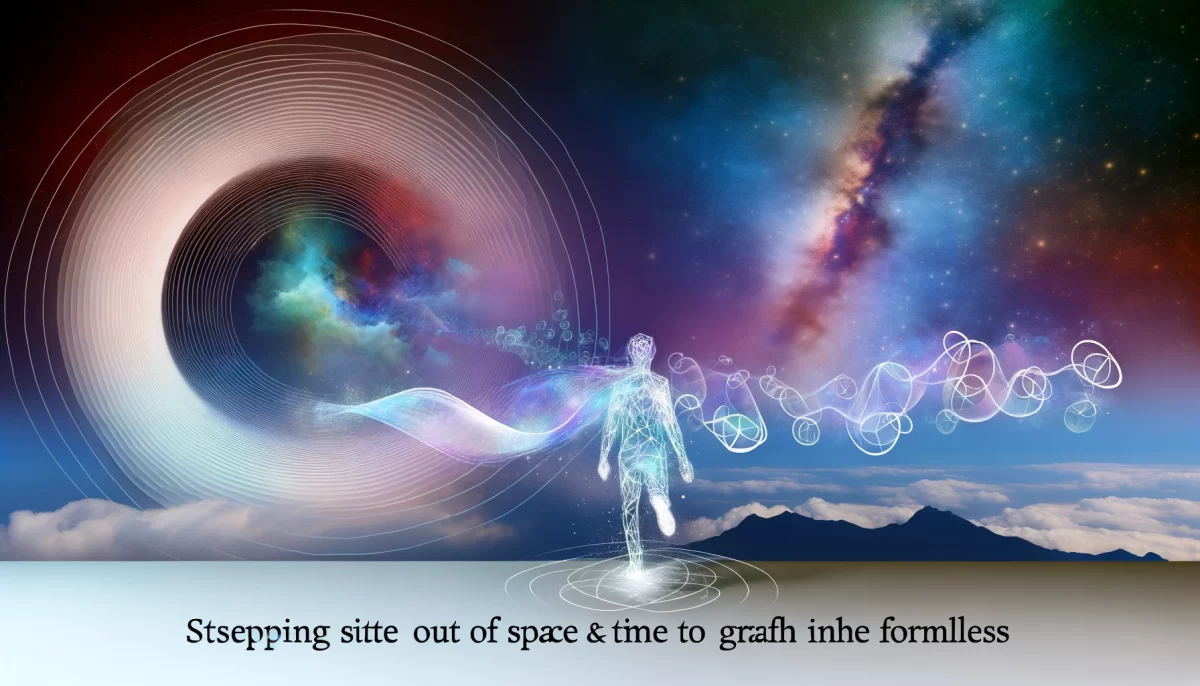
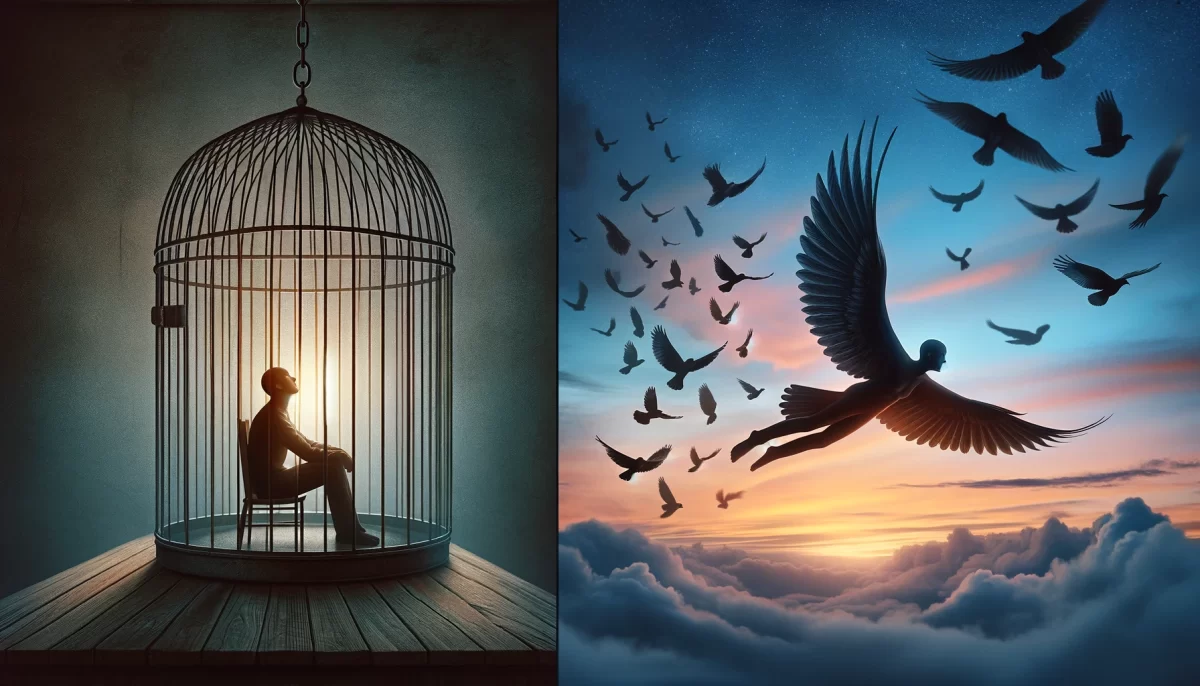
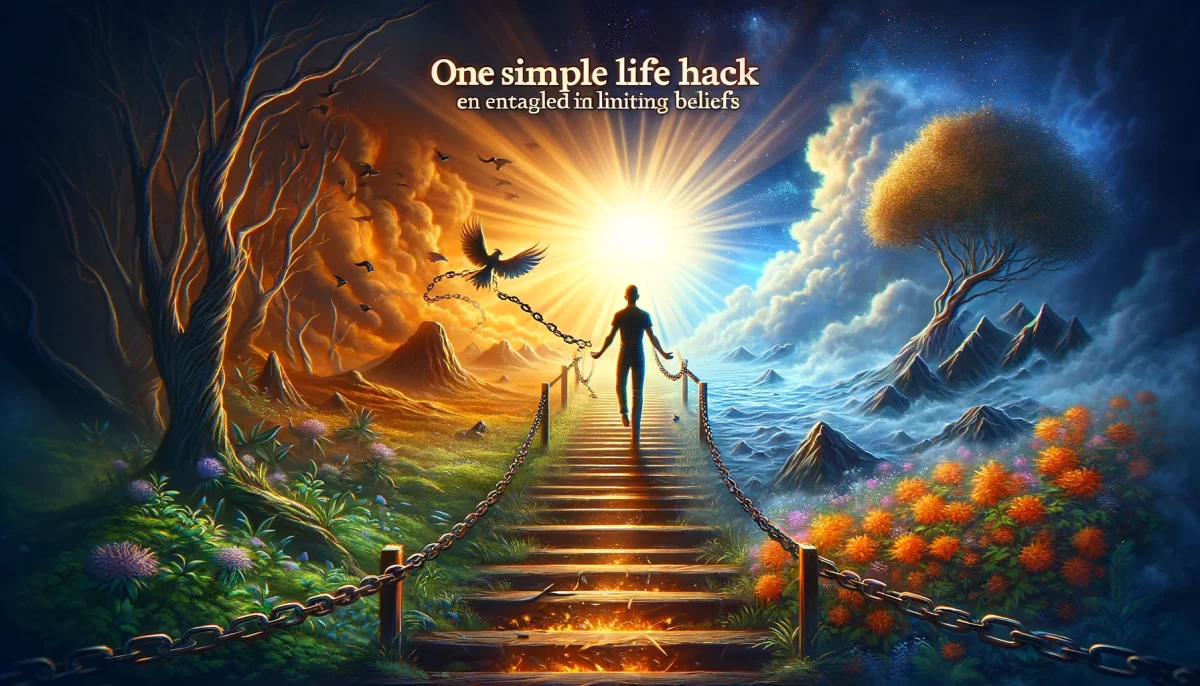
Leave a Reply